Key findings
Australian parents are crying out for more help to address and prevent childhood bullying as research shows one in five report one or more of their children was bullied in the last school term.
Almost every parent (89%) of a child who was bullied said the experience had affected the whole family. One in six parents had felt physically sick, and one in five felt depressed or anxious. Almost half (48%) worried about the long-term effects of bullying on their child, while many were angry (44%) and frustrated at being unable to help (44%). One in three (32%) felt guilty for not being able to stop the bullying while one in four felt helpless (28%).
The Royal Children’s Hospital (RCH) National Child Health Poll on childhood bullying found while most parents have a good understanding of what bullying is, and the serious potential effects on children, half of all parents still said they needed more information on how to protect their child, including on cyberbullying.
The poll also found:
- One in four (23 per cent) parents think bullying is a big problem at their child’s school
- Late primary school aged children or ‘tweens’ (aged 10 to 13 years) were more likely to have been bullied (21 per cent) compared with early primary school-aged children (14 per cent) and teenagers (17 per cent)
- Most children (85 per cent) who were bullied experienced the bullying at school
- Only half of parents (48 per cent) think their child’s school manages bullying well, yet one in ten said it was up to teachers not parents to educate children on how to respond to a bully
- Only one in three (36 per cent) think they can help make a difference in reducing bullying at their child’s school and one in four (23 per cent) were unaware of their child’s school bullying policy
- Among those bullied, verbal bullying was most common (78 per cent), followed by social bullying (56 per cent), physical bullying (49 per cent) and online bullying (30 per cent). Most children who were bullied (79 per cent) experienced two or more types of bullying, with one in eight (12 per cent) experiencing all four types of bullying
- Children with a physical or mental health disorder or disability were twice as likely to have been bullied
- Most parents (87%) are not confident they would know if their child was being bullied, and only half (46%) said they would know if their child was the bully
Poll Director, paediatrician Dr Anthea Rhodes, said: “Bullying is a health problem and a community problem – it is serious and common and it can harmful the physical, social and emotional wellbeing of children and young people.’’
“The best way to address and prevent bullying is for children, parents and schools to work together in a whole-of-community approach.”
Tips for parents
Bullying
- Talk with your child regularly and listen to what they have to say
- Reassure your child that it’s not their fault and bullying is never ok
- Contact your child’s school for support
- It’s best not to approach the bully or their parents yourself
- Seek help from a counsellor, psychologist or GP if needed
Cyberbullying
- Block or defriend the offender
- Discuss the situation with a school staff member
- Collect evidence with screen shots
- Report inappropriate behaviour to the app or social media site
- Report inappropriate behaviour to the eSafety Commissioner
For more resources, please visit the tab ‘For parents’.
Here, Dr Anthea Rhodes shares a summary of the findings
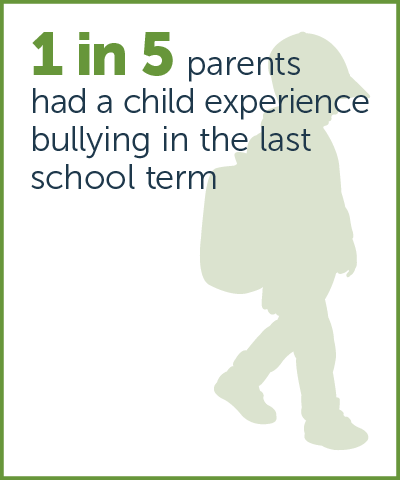
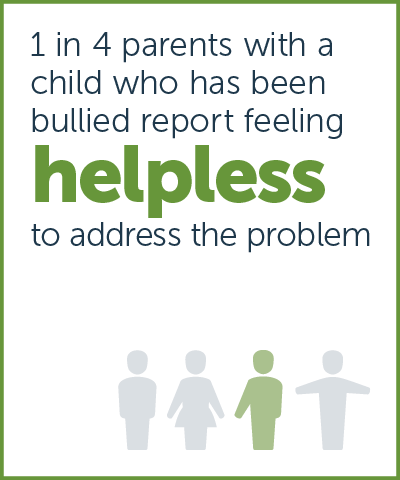
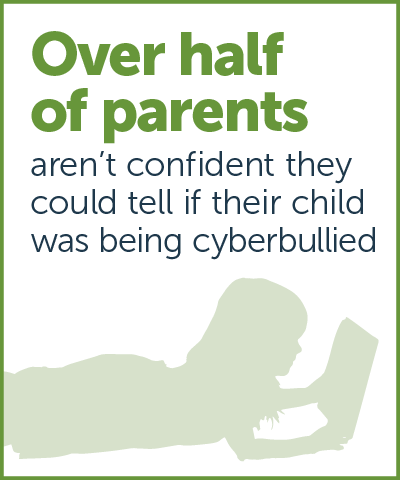
Poll report
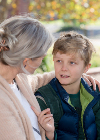
Childhood bullying: How are parents coping?
Download report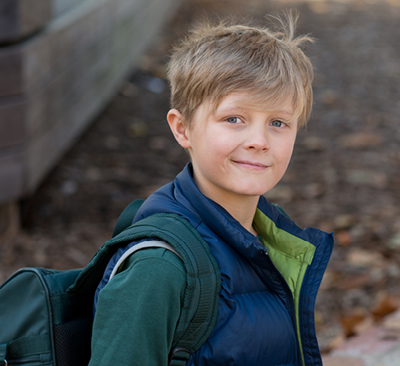
Poll questions

Childhood bullying: How are parents coping?
Download poll questions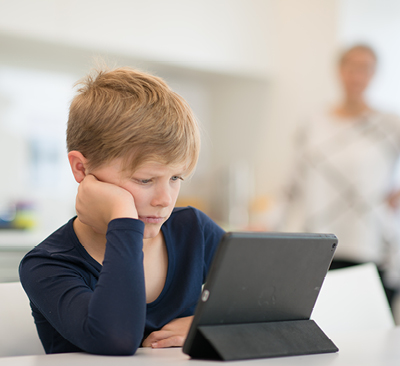
In the news
Kinderling Radio
Not just the kids: How bullying affects the whole family
The Herald Sun
One in five Australian children bullied this year as parents struggle with the impact
Channel 7 News
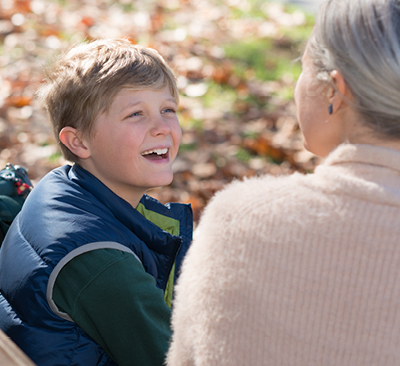
Information for parents
Tips to prevent bullying
- Talk with your child regularly about friendships and life at school
- Build self-esteem by encouraging hobbies, sports and interests
- Foster positive friendships
- Model how to treat others with kindness and respect
The following can be signs of bullying
- Changes in mood or behaviour, sleep or appetite
- School refusal or loss of interest
- Unexplained injuries or missing belongings
- Frequent headaches, tummy aches or feeling sick
- Often alone or avoiding social situations
- Being upset, anxious or secretive about online activity
Top tips to deal with bullying
- Encourage your child to speak up if they are bullied or see others being bullied
- Listen to them and tell them you believe them
- Reassure your child it’s not their fault and bullying is never ok
- Contact your child’s school for support
- Avoid approaching the bully or their parents yourself
- Seek help from a counsellor, psychologist or GP if needed
Tips to deal with cyberbullying
- Talk regularly about your child’s experiences online
- Reassure your child it’s not their fault and bullying is never ok
- Gather information including screenshots of the behaviour
- Block offenders and change privacy settings
- Report inappropriate behaviour to the site owner
- Don’t ban your child from the internet as they may find other ways to get online and hide it
- Consider reporting cyberbullying to the eSafety Commissioner
- Contact your child’s school for support, and seek help from a counsellor, psychologist or GP if needed
How parents can work with schools to stop bullying
- Be aware of the school bullying policy and talk about it with your child
- Make an appointment to speak with your child’s teacher
- Show the school any notes or screenshots about the bullying
- Ask what is being done to keep your child safe
- Arrange a follow-up appointment to ensure the bullying is being addressed
- It’s best not to keep your child home from school to avoid bullying. This makes it harder for them to build positive relationships.
Other resources
- RCH Kids Health Info – Bullying
- Advice for kids, teachers and parents – Bullying. No Way!
- Cyberbullying and online safety – eSafety Commissioner, iParent
- Help for bullying at school – Kids Helpline
- Bullying and cyberbullying general advice – Beyondblue
- Bullying help sheet – Department of Education
- Help for parents of bullies – Australian Institute of Family Studies
Helplines
- Kids Helpline– phone 1800 55 1800 (free call; free 24 hour advice line)
- eheadspace – phone 1800 650 890 (free call)
- Parentline Victoria– phone 13 22 89 (local call; free advice 8:00am to midnight 7 days a week)
- Youth beyondblue– phone 1300 224 636 (Iocal call; free 24 hour advice line)
If a child is at immediate risk of seriously harming themselves or others, parents and carers are advised to seek urgent medical attention by contacting their local emergency service or calling 000.
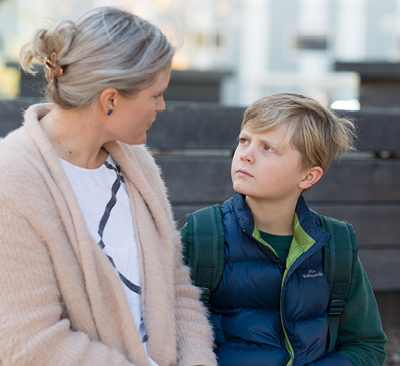


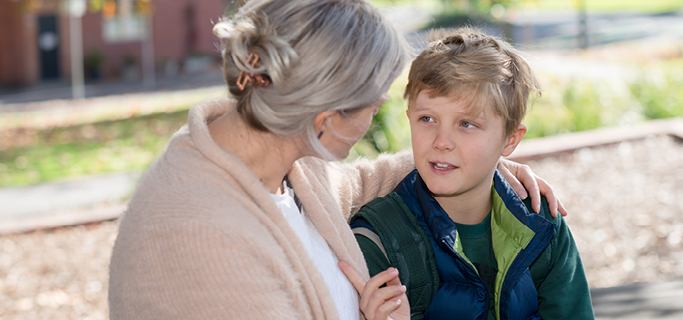
[…] The Royal Children’s Hospital Melbourne. (2018, 20 June). Childhood bullying: How are parents coping? RCH National Child Health Poll. https://rchpoll.org.au/polls/childhood-bullying-how-are-parents-coping […]